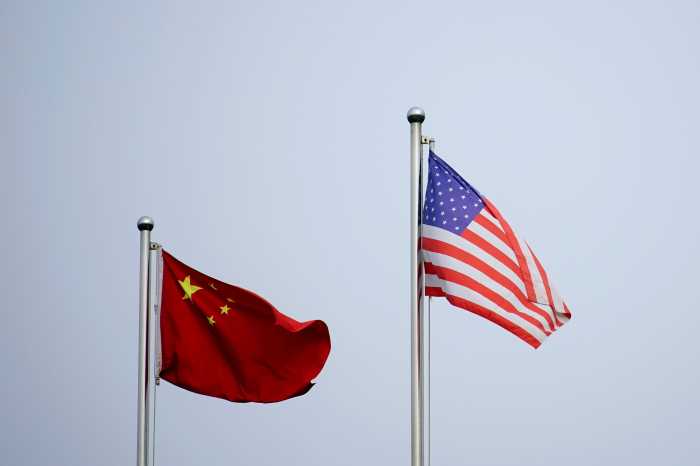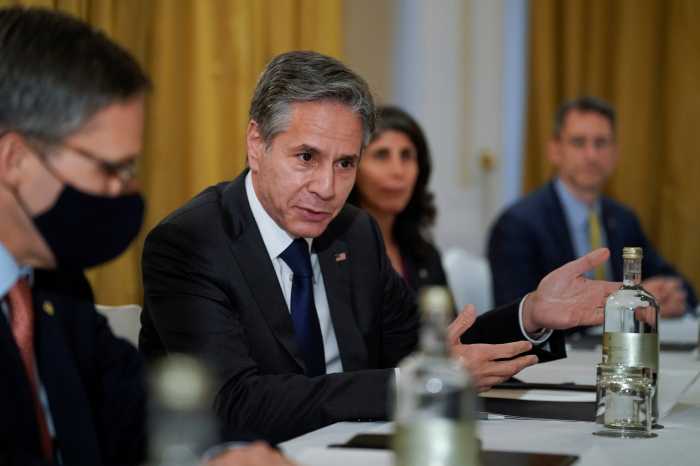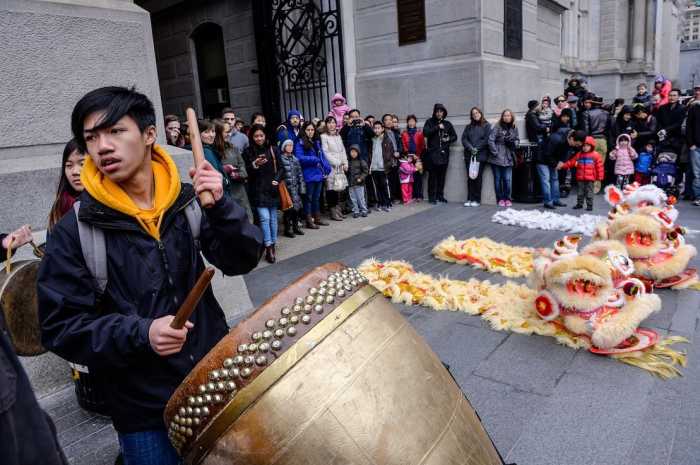By Steve Holland and David Shepardson
WASHINGTON – The United States and a coalition of allies on Monday accused China’s Ministry of State Security of a global cyber hacking campaign, specifically attributing a large Microsoft attack disclosed earlier this year to hackers working on Beijing’s behalf.
Opening a new area of tensions with China, the United States is joined by NATO, the European Union, Britain, Australia, Japan, New Zealand and Canada to level the allegations, according to a White House fact sheet released Monday morning.
“The United States and countries around the world are holding the People’s Republic of China accountable for its pattern of irresponsible, disruptive, and destabilizing behavior in cyberspace, which poses a major threat to our economic and national security,” U.S. Secretary of State Antony Blinken said in a statement on Monday.
Also on Monday, the U.S. Justice Department announced that four Chinese nationals were charged for a global hacking campaign aimed at dozens of companies, universities and government agencies in the United States and abroad between 2011 and 2018 that focused on information that would significantly benefit Chinese companies and businesses.
The opening of a new front in the governments’ war against hacking comes a month after G7 and NATO leaders agreed with President Joe Biden at summits in Cornwall, England, and Brussels in accusing China of posing systemic challenges to the world order.
The governments formally attributed intrusions exploiting vulnerabilities in the Microsoft Exchange Server that were disclosed in March “cyber actors affiliated with” China’s Ministry of State Security, Blinken said.
He cited the indictment of the three security officers and the hacker as an example of how the United States will impose consequences.
The Chinese Embassy in Washington did not immediately respond to a request for comment. Chinese officials have previously said China is also a victim of hacking and opposes all forms of cyber attacks.
U.S. federal agencies, including the National Security Council, the FBI and the National Security Agency, will outline more than 50 techniques and procedures that “China state-sponsored actors” use in targeting U.S. networks, a senior administration official said.
Chinese state-sponsored cyber actors consistently scan target networks for critical and high vulnerabilities within days of the vulnerability’s public disclosure, the 31-page U.S. cybersecurity advisory seen by Reuters says.
U.S. officials said the scope and scale of hacking attributed to China has surprised them, along with China’s use of “criminal contract hackers.”
“The PRC’s Ministry of State Security has fostered an ecosystem of criminal contract hackers who carry out both state-sponsored activities and cybercrime for their own financial gain,” Blinken said.
The United States in recent months has focused heavy attention on Russia in accusing Russian cyberhackers of a string of ransomware attacks in the United States.
In Monday’s announcement, U.S. officials formally blamed the Chinese government “with high confidence” for the hack that hit businesses and government agencies in the United States using a Microsoft email service. Microsoft has already accused China of responsibility.
The operation specifically exploited weaknesses in Microsoft’s exchange program, a common email software. Cybersecurity experts were shaken by the scale and volume of the incident, totaling thousands of potential U.S. victims.
The senior Biden administration official said U.S. concerns about Chinese cyber activities have been raised with senior Chinese officials. “We’re not ruling out further action to hold the PRC accountable,” the official said.
The United States and China have already been at loggerheads over trade, China’s military buildup, a crackdown on democracy activists in Hong Kong, treatment of the Uyghurs in the Xinjiang region and aggression in the South China Sea.
On Friday, the Biden administration issued an advisory to warn U.S. businesses about risks to their operations and activities in Hong Kong after China’s imposition of a new national security law there last year.






























